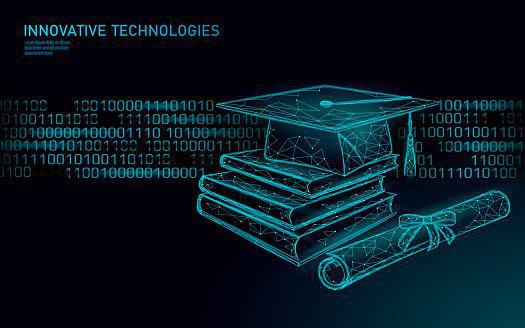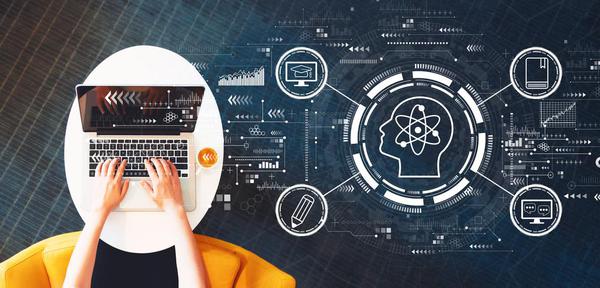
Future of Higher Ed: Digital Twin Technology on the Horizon
As higher education leaders and their CIOs, CTOs, and Technology Directors dive deeper into the conversation on Digital Transformation and Education 4.0, they are also learning how to incorporate the Digital Twins realm concept into their curricula. But, what is Digital Twins technology and how can it serve the university of the future?























